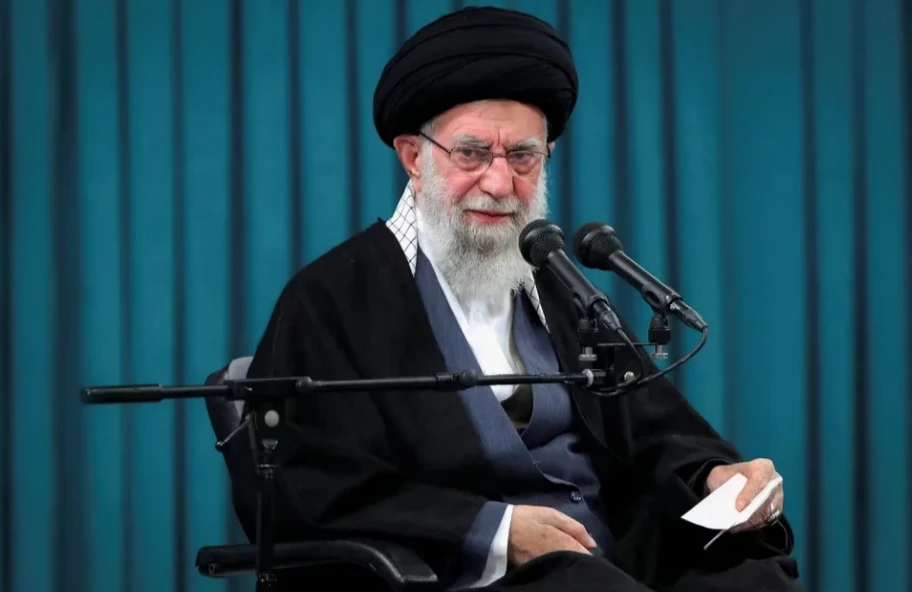The supreme leader of Iran announced an amnesty to “a significant number” of those convicted in the massive protests
The Persian regime, shaken by the continuous demonstrations, clarified that the traditional pardon for the anniversary of the Islamic Revolution will not include those who have destroyed public property or have had contacts with intelligence services of other countries.
The Supreme Leader of Iran, Ali Khamenei, announced this Sunday the amnesty and reduced sentences of “a significant number” of protesters convicted in the protests that have shaken the country in recent months, on the occasion of the 44th anniversary of the triumph of the Islamic Revolution in 1979.
The amnesty will apply to those who have not spied for foreign powers or had contacts with intelligence services of other countries; killed or injured individuals or participated in the destruction of public or military property, reported Mizan, a news agency for the Judiciary.
The authorities, however, did not report how many of the nearly 20,000 detainees in the protests -according to reports from foreign NGOs- will benefit from this measure.
Iran has seen protests since the death in police custody in September of Mahsa Amini after she was arrested for not wearing the Islamic headscarf properly.
The authorities have responded to the revolt led by young people who called for the end of the Islamic Republic with strong repression that has caused nearly 500 deaths and 20,000 arrests, of which several hundred have been sentenced to prison terms and 17 to prison. Gallow.
Khamenei accepted the proposal made by the head of the Judiciary, Gholamhosein Mohseni Ejei, who explained to him by letter that “a notable number of these inmates regret their crimes and have asked for forgiveness after the disclosure of the plots hatched by foreign enemies and the anti-revolutionary and anti-popular currents”.
The Iranian regime, although it has recognized specific excesses in the repression of the protests, blames the demonstrations on the intervention of “rioters”, many of them in the pay of “foreign powers”.
The protests have so far resulted in between 481 and 522 deaths, including 68 officials from the country’s security forces, according to NGOs specialized in monitoring the crisis.
According to the NGO Hrana, a total of approximately 19,600 people have been detained since the outbreak of the protests, of which 713 have already been sentenced by an Iranian court. At least four people have been executed and 109 are threatened with the possibility of ending up on death row.
So far four protesters have been executed, one of them in public, which has caused the protests to have lost strength significantly.
Pardoning prisoners is a common practice on the anniversary of the 1979 Islamic Revolution, which is commemorated on February 11, and in addition to those convicted of the protests, an amnesty has been announced for “tens of thousands” of prisoners.
The president of Iran, Ebrahim Raisi, affirmed that the celebrations this year of the 44th anniversary of the overthrow of the last shah aimed at “helping the people to follow the correct path.”

